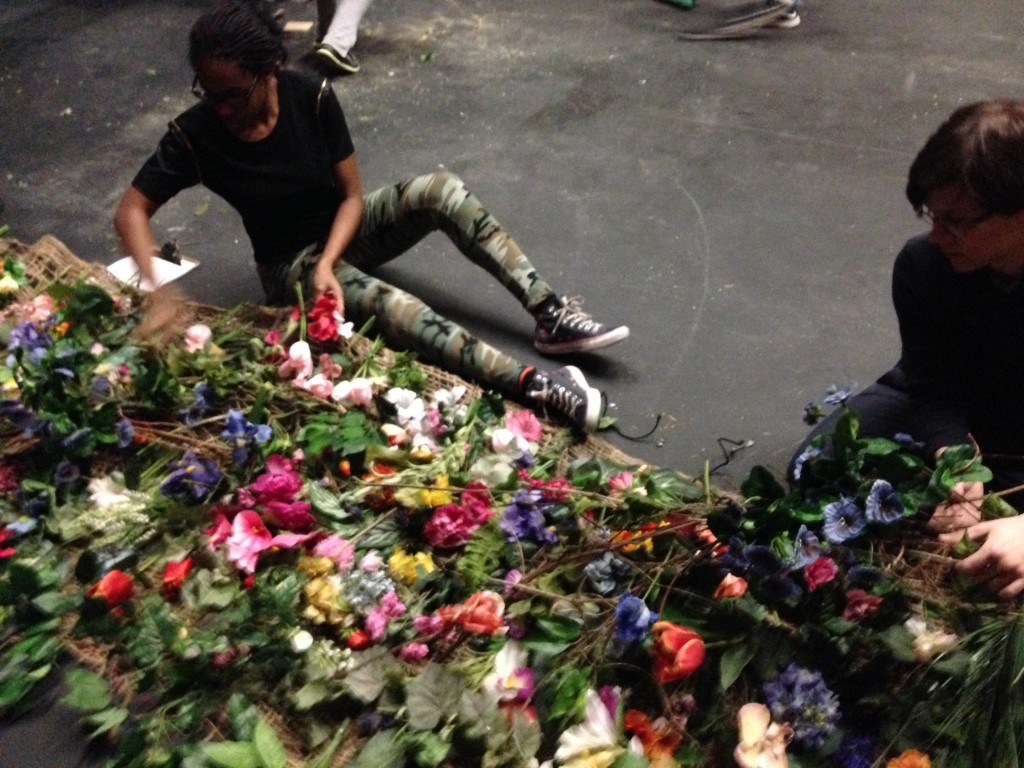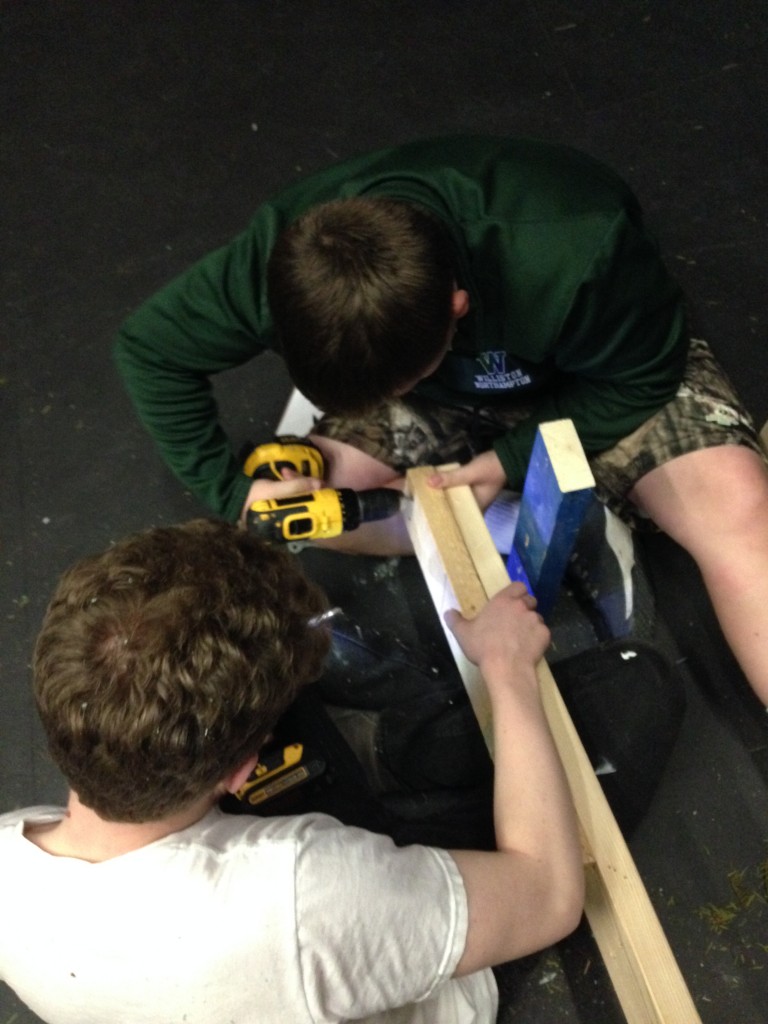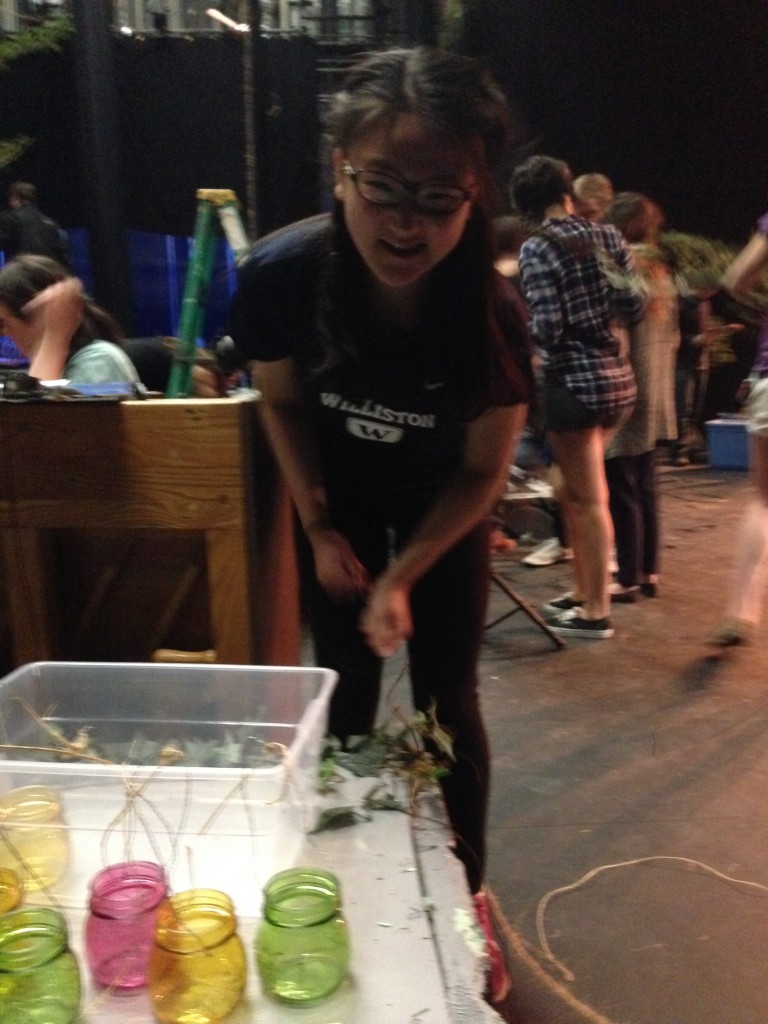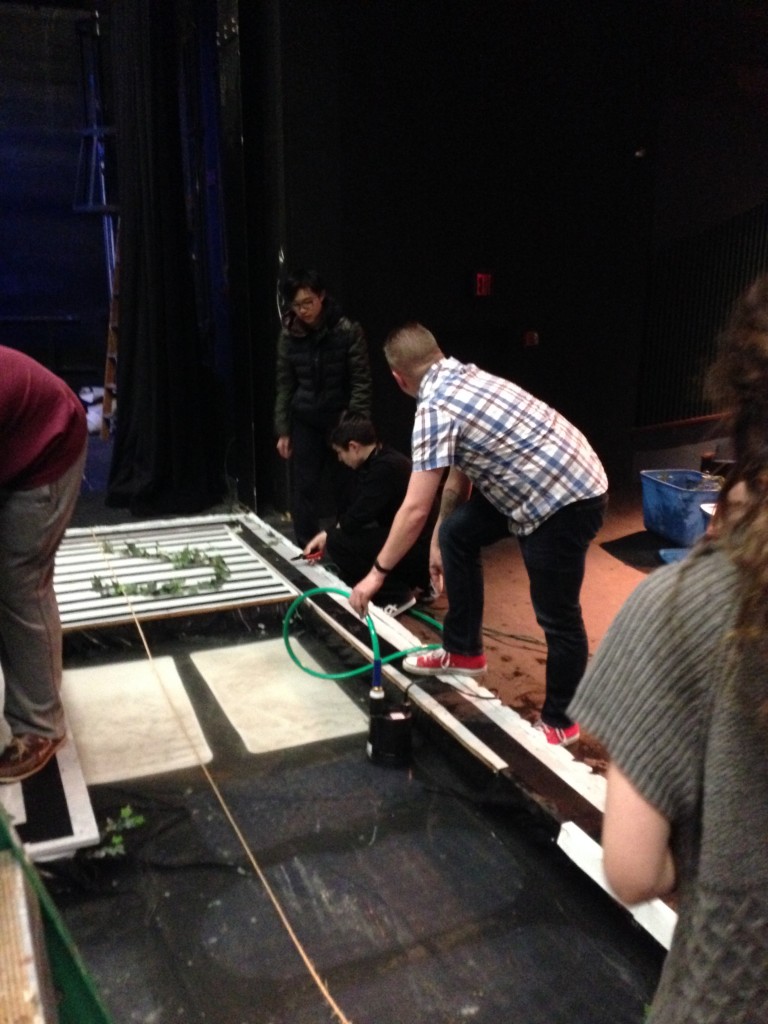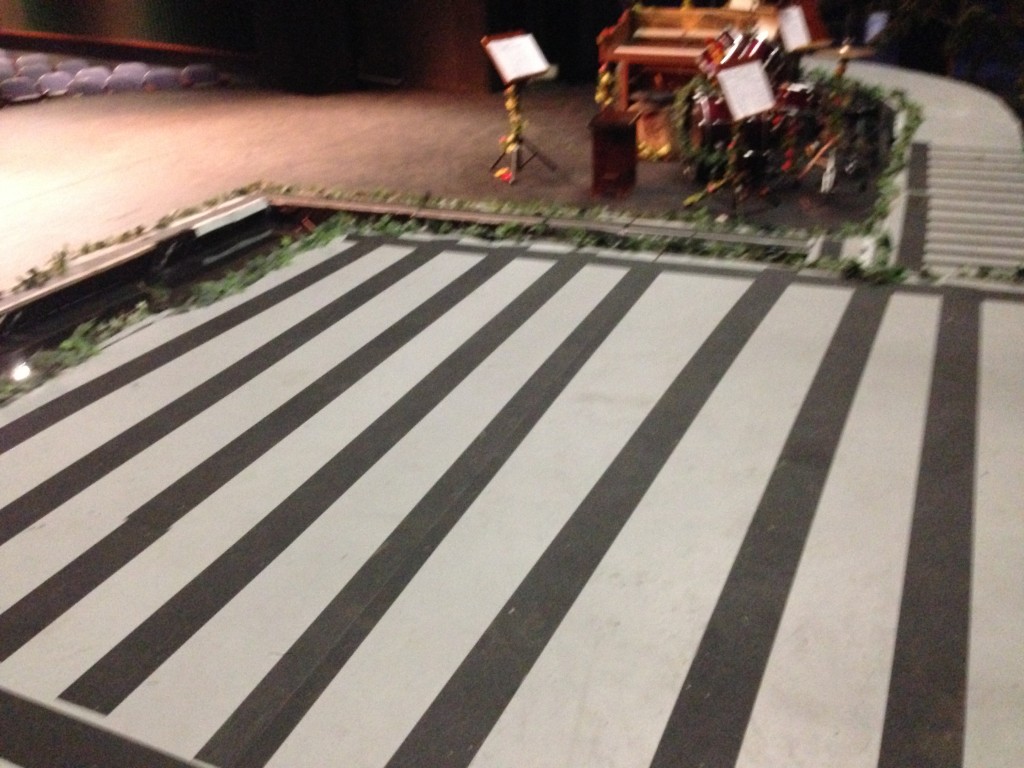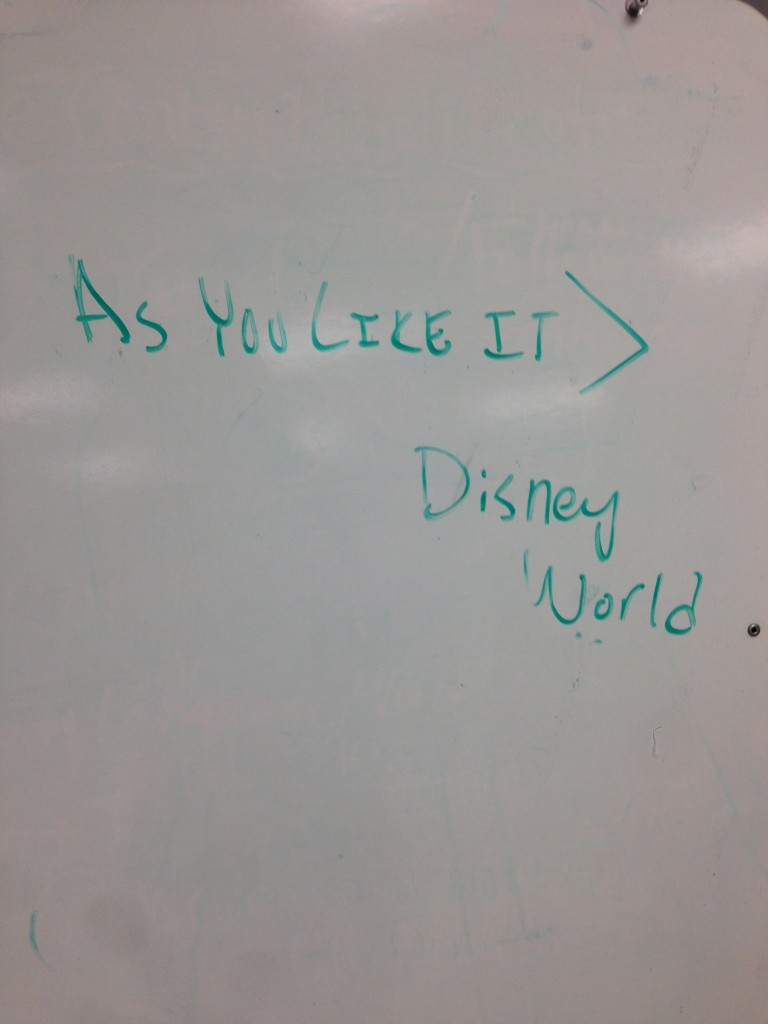The cast and crew are almost ready to start tech week, that magical and stressful time when lights, costumes, makeup, and props all come into the mix. The show is in great shape. What amazes me at every rehearsal is how real the play feels. It was written thousands of years ago, but the characters feel like the people we hear from in the news today who are fleeing war-torn countries.
We hope that our production, and the talkbacks that follow, will encourage our community to learn more about the current refugee crisis and what we can do, thousands of miles away, to help. Our actors have written short paragraphs about different parts of the crisis, and the connection to Euripides original intentions, that will be included in the program. I’ve included them here, along with sources to learn more about the crisis and how to help, for those of you who want to read ahead.
EURIPIDES AND THE HORRORS OF WAR
“In the end it comes to this: a wise man will never go to war.” – Cassandra, The Trojan Women, Euripides
Euripides was a visionary who helped define classic characteristics of Greek tragedy– his use of humanity itself as a tragic hero can still be seen in all forms of media today. He often wrote women protagonists into his stories, criticized the gods, and debated popular Greek political actions. This, in turn, inspired many critical reviews of his works and ultimately lead to his exile. His tendency towards political activism is especially evident in The Trojan Women, which he wrote as a direct, intentional attack on the Athenian government’s actions in Melos during the Peloponnesian War. The Peloponnesian War was a dispute between the powerful city-states of Athens and Sparta. Athens invaded Melos when they refused to help their war effort. The Athenians brutally murdered the men of Melos and took the women and children as slaves. Euripides was disgusted by the actions of his city-state and protested in the way he knew best, playwriting. Thus The Trojan Women, acutely capturing the casualties and horrors of war, was written. This play has stood the test of time, as sadly, the tragedies that occurred in Melos have continued to appear throughout history. -Leeanna Albanese, Emma Demerath, and Neha Nascimento
REFUGEES VS MIGRANTS
“A refugee is a person who “owing to a well-founded fear of being persecuted for reasons of race, religion, nationality, membership of a particular social group, or political opinion, is outside the country of his nationality, and is unable to or, owing to such fear, is unwilling to avail himself of the protection of that country …’”– The 1951 Convention relating to the Status of Refugees
There are more than 13 million UNHCR-designated refugees as of mid-2014. These 13 million people have fled from their home countries in search of a refugee status that guarantees them citizenship and other inalienable rights in other countries around the world. These rights include free speech, and access to good medical care, local schools and work almost anywhere. But in order for refugees to attain these rights, they must first get out of their home country and into a ‘safe state’ that upholds UNHCR regulations. The journey can be very difficult. Many UN countries, against UNHCR regulations, refuse to accept refugees or only accept refugees from a certain religion or ethnicity. These countries fear these refugees hurt European economies, or that they may bring with them terrorism. These claims are unfounded, but a continuing fear of immigrants lingers even now. This affect is made bigger by the fact that local governments are the ones to decide whether someone is a refugee or not or rather whether they are given these protections or could be booted straight back to the country they fled from. Despite this, many still make the dangerous journey to Europe. -Teddy Wolfe and Henning Fischel
WHY THE EUROPEAN UNION
“In Europe, I can get treatment for my polio, educate my children, have shelter and live an honorable life,” -Batal, UN office Beirut, The Washington Post
Millions of Syrian refugees have fled Syria and so far, about 100,000 of them have risked their lives in attempts to flee to Europe. Although other Middle Eastern countries are more practical for them to immigrate to, they no longer want to remain in the region. It is becoming apparent that Syria’s neighboring countries are no longer an option, since refugees have proven to be an economic burden in the already unstable countries, and are unwelcome by the public. Especially in Turkey, which is where the largest displaced community of Syrian refugees live, many feel hopeless “If we go to Syria we die. If we stay here [in Turkey] we die. Homeless, no money. Everything we have is to go to Europe.” Unlike Middle Eastern Nations, the EU has the financial means to withstand the economic burden the refugees pose. Refugees are able to receive social welfare and benefits from countries in the EU. This means that they can find work, a home, and education so they can continue on with their lives. -Alara Akisik and Eric Chen
WOMEN AND CHILDREN AS REFUGEES
“My role as a woman has completely changed…I was independent and strong in Syria. I was free. When I got here my life went down to below zero.”-Anonymous Syrian Refugee, The Guardian
Refugee women and children face the harsh challenges that are presented to all refugees as well as additional struggles due to their gender and age. Refugee families are torn apart; children watch their mothers die. Children have their childhoods ripped from them, one little girl screams: “Please don’t kill my mother! Kill me instead!” as she watches her mother get crushed by the feet of thousands of flighty, scared refugees. Most of the three million Syrian refugees are women and children. 145,000 refugee families that have fled Syria are solely supported by widows. Women are frequently left to fend for themselves and their children, having been separated from their husbands. Navigating unfamiliar territory, women must provide for their families under hostile conditions. The lack of food, housing, work, and security is coupled with detachment from society. Children are often forced to search for work alongside their mothers in order to afford basic necessities. This keeps refugee children out of school, establishing an enormous educational barrier. Children are unable to adopt the language of their country of refuge, preventing them from assimilating into society. Their mothers are subject to sexual harassment, isolation, and humiliation in their countries of refuge. In addition to the abysmal conditions that women and children are subject to, they are also faced with the shame of losing everything. – AK Hafez, Anna Wilinsky, and Trixie Willems
For more information visit United Nations Refugee Agency
For stories about refugees from the Middle East visit the Humans of New York website.
To make a monetary donation to help refugees visit Mercy Corps
Reserve tickets for The Trojan Women.




